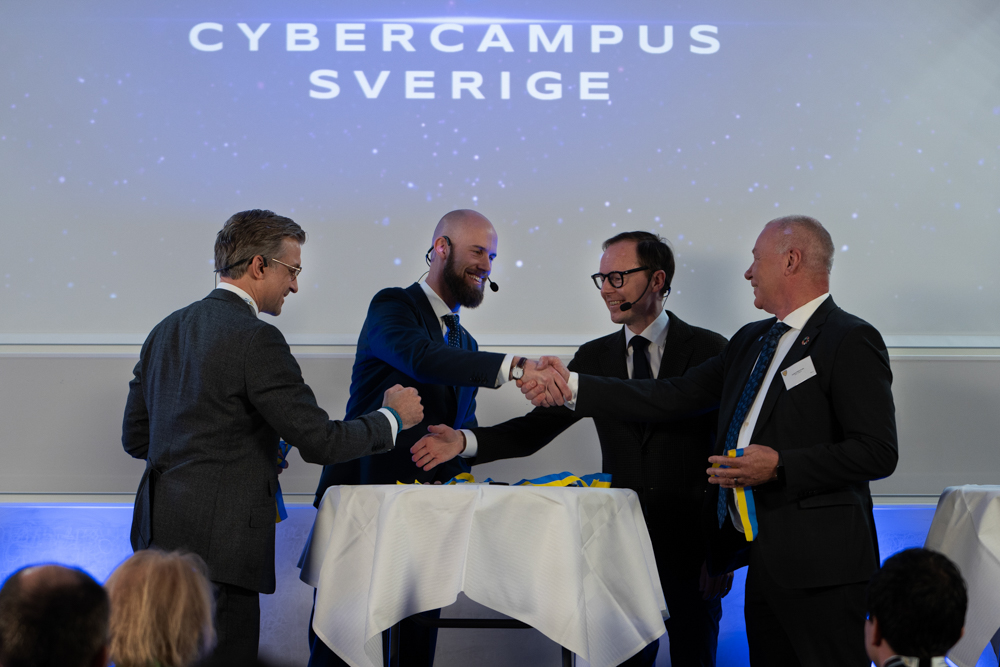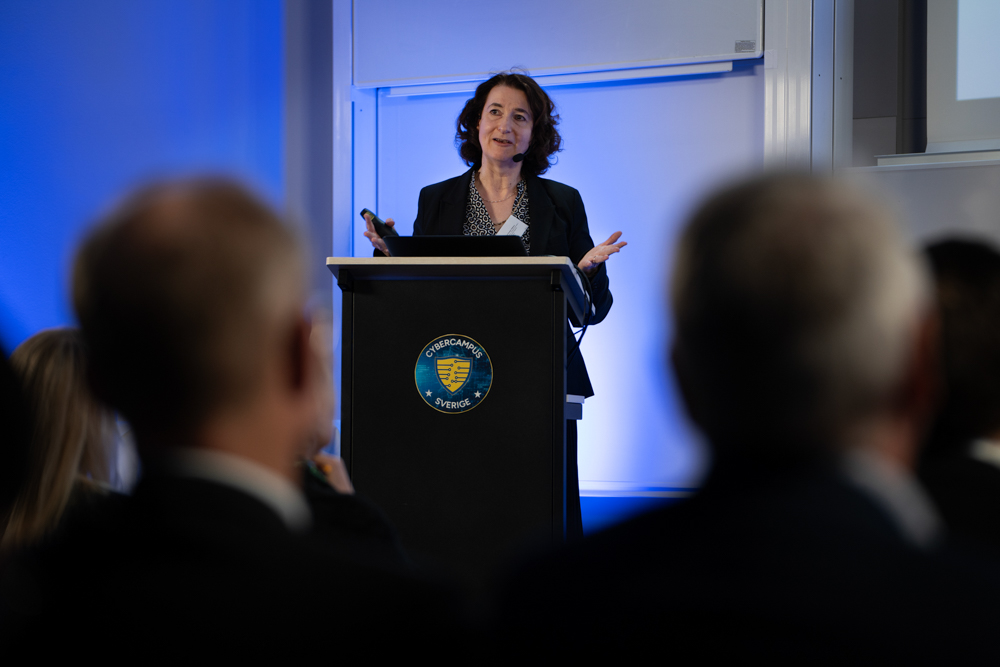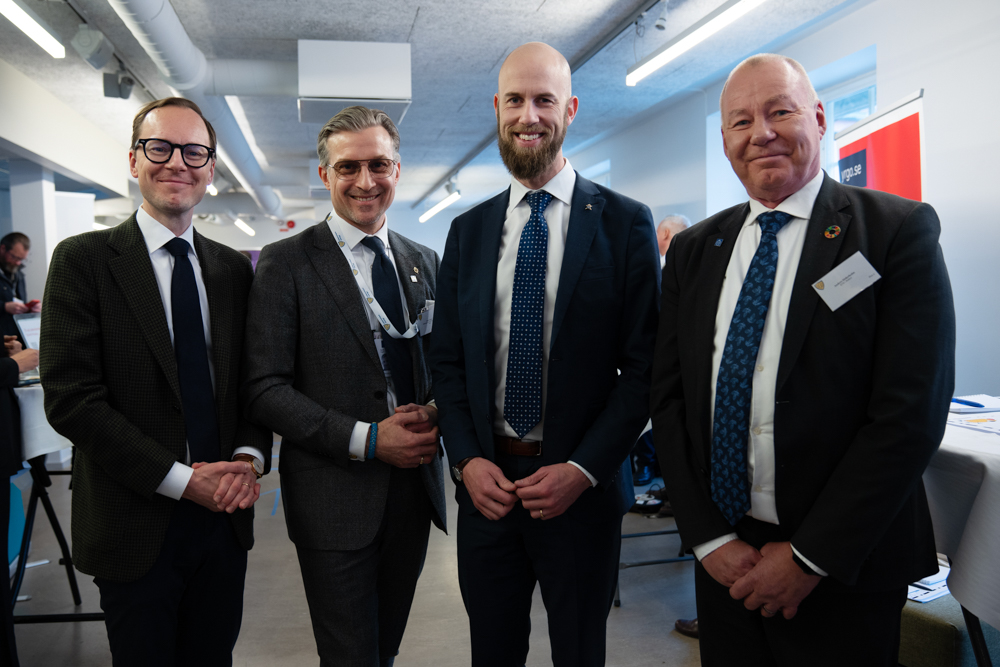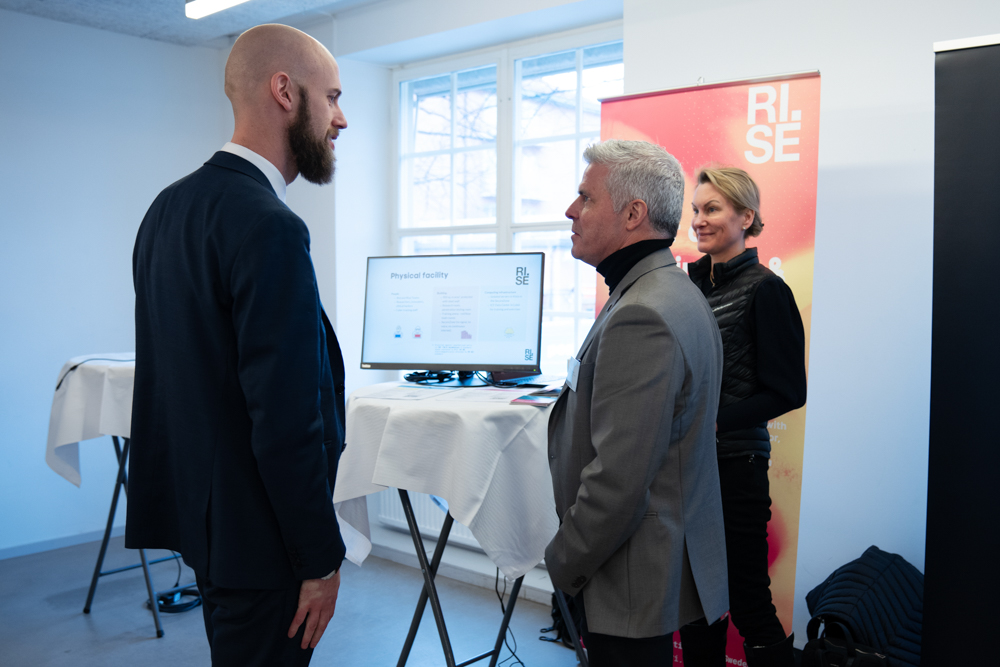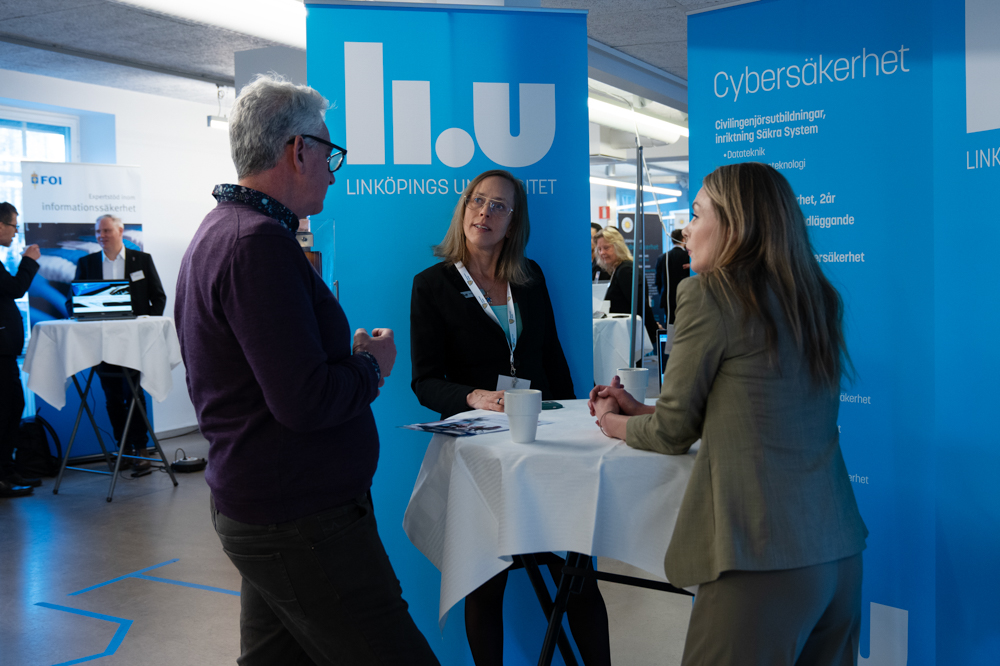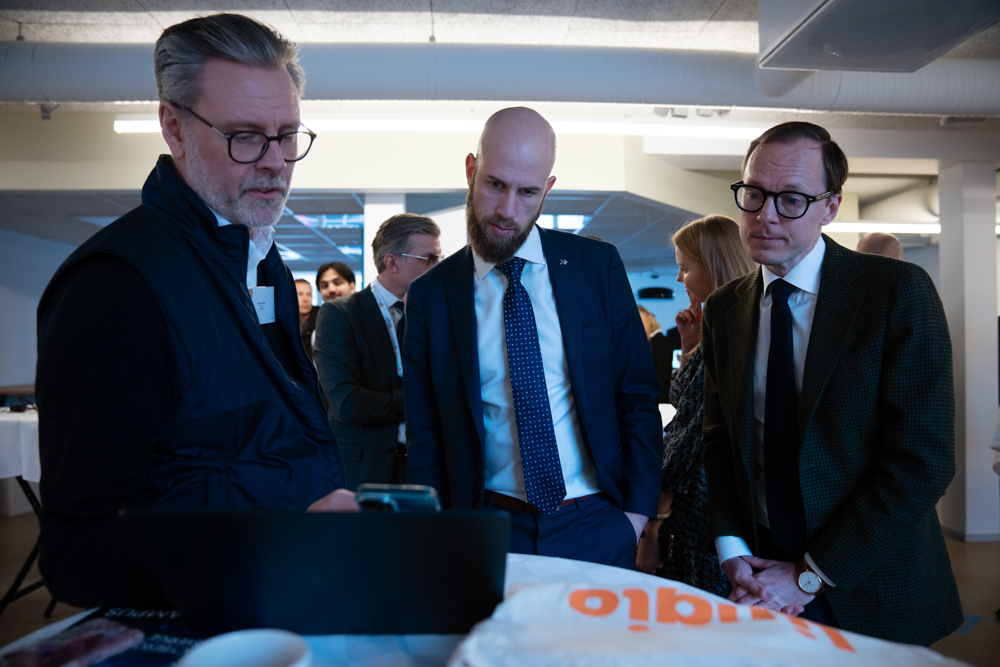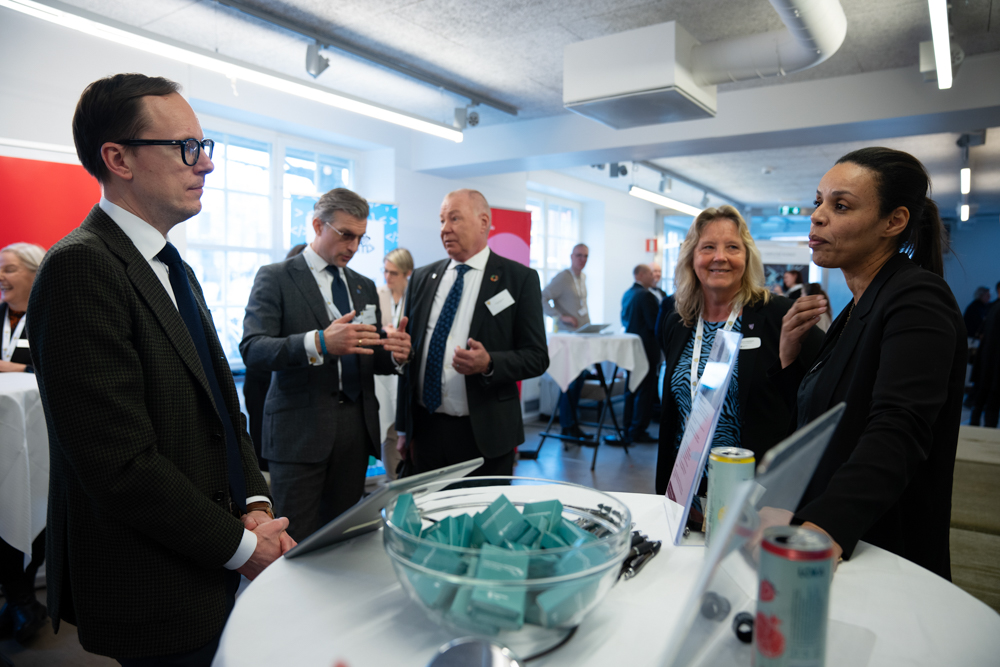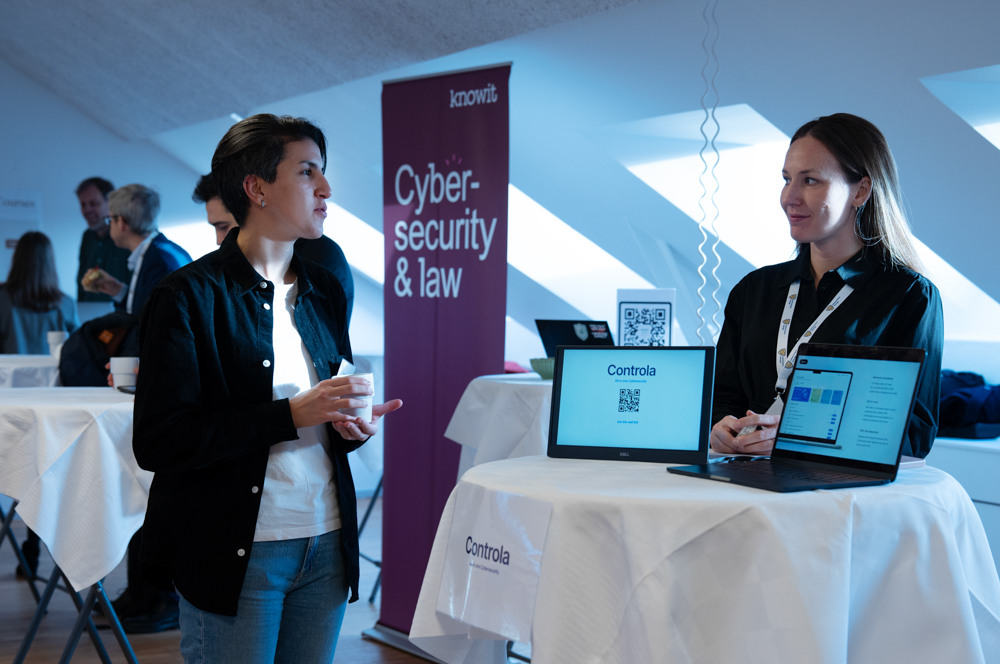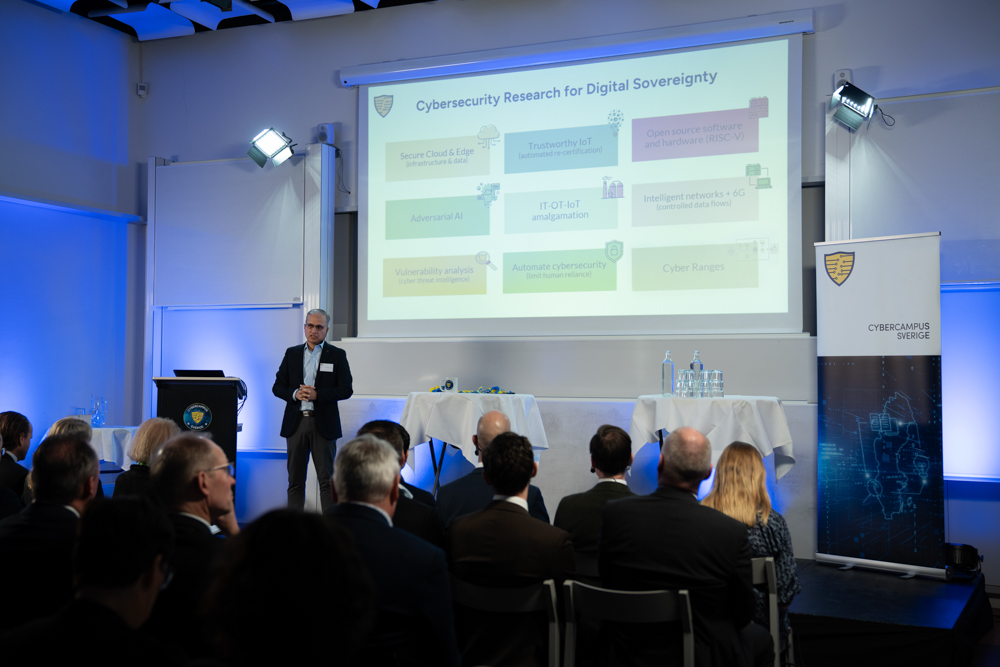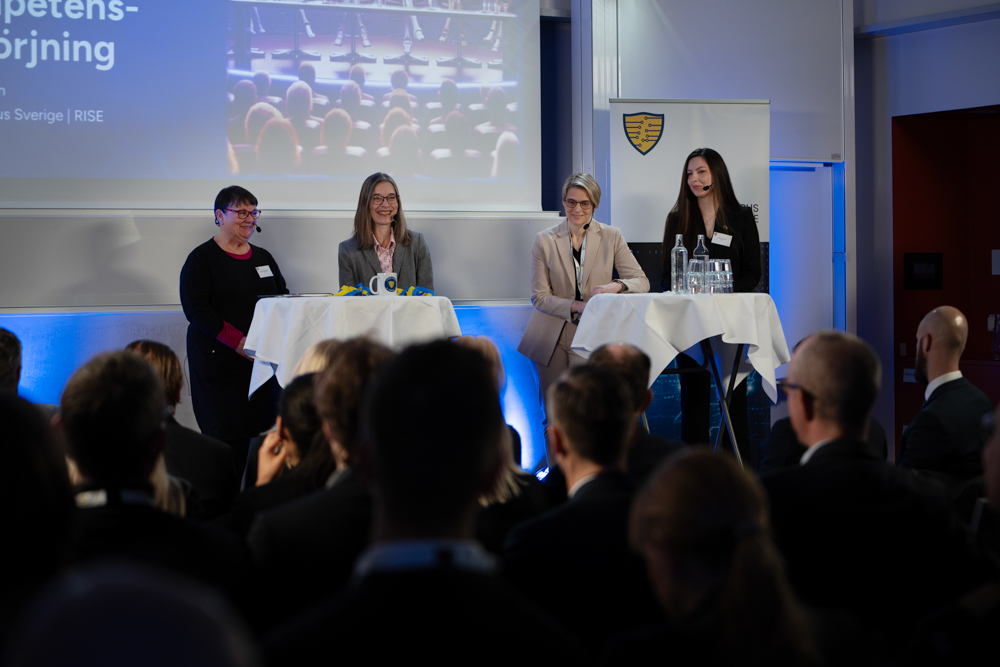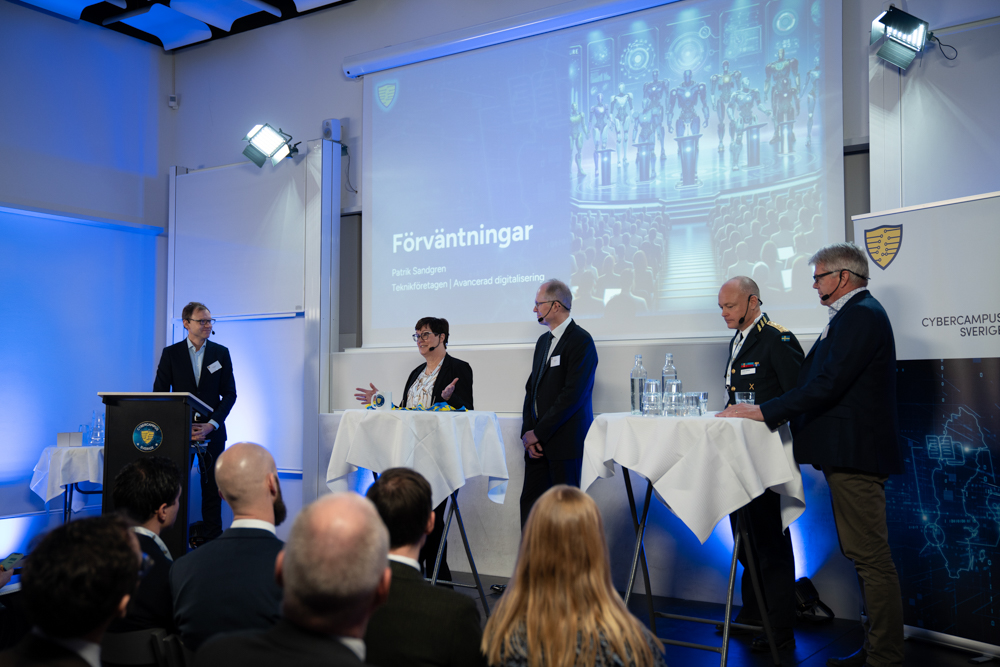500 000 articles on ethical hacking analysed
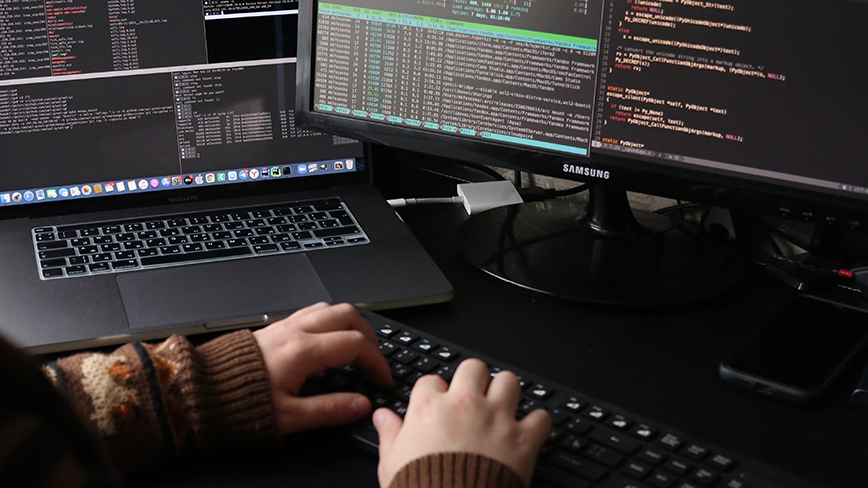
More investment in cybersecurity is needed. This is the conclusion after analysing 500,000 articles on academic databases on ethical hacking.
"A lot is being done worldwide, but we need to do even more," says Fredrik Heiding, a Network and Systems Engineering doctoral student.
By building a scraping tool, and defining areas and words that match ethical hacking, Fredrik Heiding and his research colleagues have gone through all scientific articles on ethical hacking in the Scopus database. The results can be found in the article,
Research communities in cyber security vulnerability assessments: A comprehensive literature review
.
The researchers then further defined their search, which resulted in 500,000 hits on ethical hacking.
"Once we had compiled the hits, we started analysing the authors and countries. We discovered 16 different clusters in ethical hacking. We could also see that four of the five most active universities in ethical hacking are in China," says Heiding.
The clusters reflect the global power balance between China and the West, with little collaboration.
Automated attacks will increase
The study also revealed that much of the hacking research focuses on electric power and that the threat to critical power plants has increased. The main conclusion is that more investment in cybersecurity is needed.
"Everyone is trying to create a cyber attack that takes down power grids; without electricity, you have no defence. The research reflects that it is important and critical for many countries," says Heiding.
The team will continue research on the Internet of Things and critical infrastructure. With new tools such as ChatGPT, automated attacks will increase.
"It is possible to automate quite a lot already. AI is one of the biggest focus areas, and whoever makes the most progress will become a world leader in the coming years".
TEXT: Emelie Smedslund
Related articles
Cybercampus Sverige inaugurated
On 7 February, Cybercampus Sverige was formally launched at a ceremony at the new headquarters in Stockholm, with Minister for Civil Defence Carl-Oskar Bohlin and Minister for Education Mats Persson i...
Read the article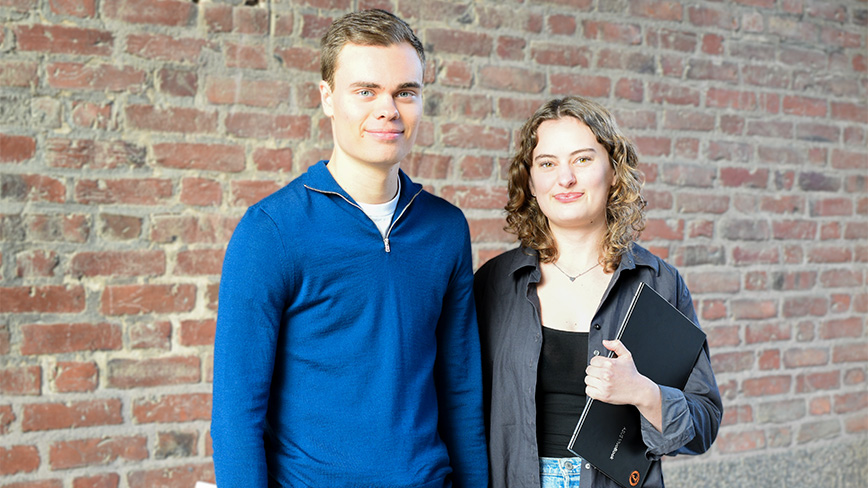
How to stop cyber-attacks with honeypots
In the ever-evolving landscape of cyber warfare, defending against human-controlled cyberattacks requires innovative strategies. A recent study conducted by students at KTH delves into the realm of cy...
Read the article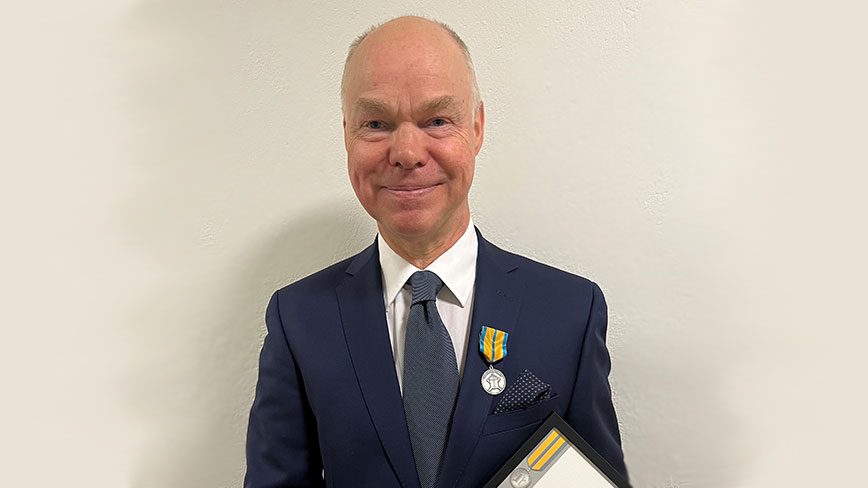
Honoured for his work in cyber security
Gunnar Karlsson from the Department of Network and Systems Engineering recently received the Headquarters Medal of Merit from the Swedish Armed Forces for his commitment to training cyber soldiers and...
Read the article

